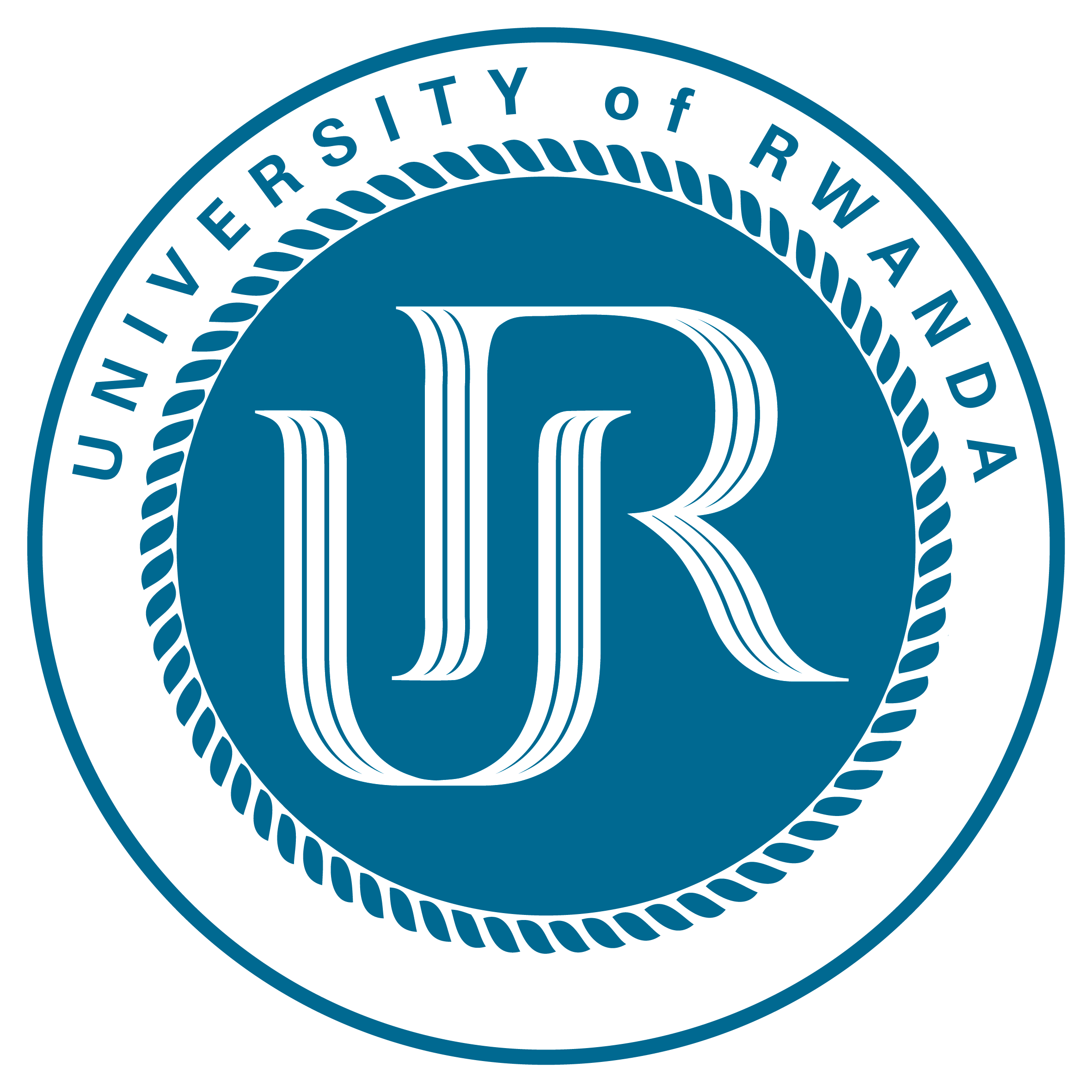About this project
I’m developing a youth-led aquaculture initiative that combines cage farming, aquaponic and hatchery modules to fight food insecurity and youth unemployment in Rwanda. Our climate-smart systems recycle water, conserve energy, and produce both fish and vegetables aligning with SDG 6, 12, 13, and 15. We train rural technicians, run demos for early adopters, and promote scalable models that turn water-wise farming into livelihoods. It’s more than a project it’s a blueprint for youth-powered resilience in the face of climate challenges.
Goals and Objectives
My goal is to empower Rwandan youth and communities through climate-smart aquaculture systems that improve food security, generate income, and build resilience to environmental challenges. By integrating cage aquaculture, aquaponics, and hatchery modules, I aim to create sustainable livelihood pathways that use water efficiently and align with SDG targets.
The objectives include:
• Training at least 20 young technicians in aquaculture system setup, monitoring, and maintenance
• Installing demonstration sites that combine fish farming with vegetable production through recycled water
• Launching a modular aquaculture toolkit that can be replicated and expanded in other districts
• Strengthening climate adaptation, water-smart agriculture, and community nutrition
My primary beneficiaries are unemployed and undertrained rural youth especially those in inland communities affected by climate disruptions and limited job opportunities. These young people were selected due to their potential to lead innovation when provided with the right tools and training. They will benefit through skill development, job creation, and cooperative engagement in aquaculture enterprises. Families and local communities will also gain access to healthier diets, new farming knowledge, and local production networks.
To ensure long-term sustainability, I’ve designed the project with modular, low-cost systems that can be community managed. By involving youth from the start, building cooperative ownership models, and offering flexible rental options, the project can continue post-funding. I also plan to document results and processes to support scale-up and replication.
Expected result
Through this initiative, I aim to deliver specific, measurable, and time-bound results that reflect the core goals of youth empowerment, climate resilience, and water-smart aquaculture systems.
1. Train 20+ youth technicians in cage aquaculture, hatchery setup, and aquaponics operations within 6 months.
• Monitoring: Each trainee will be tracked via attendance sheets, performance logs, and post-training evaluations.
2. Install and operate at least 3 demonstration units (cage + hatchery + aquaponics) in Musanze District by Month 7.
• Monitoring: Weekly system reports, fish growth logs, and water quality assessments will be maintained.
3. Launch a youth-led aquaculture cooperative, registering 15+ members and developing internal roles, bylaws, and operational plans by Month 9.
• Monitoring: Membership database, cooperative structure documents, and monthly activity reports.
4. Achieve first harvest cycles:
• Fish: 500+ kilograms across pilot sites by Month 10
• Vegetables: 250+ kilograms from integrated aquaponics beds
• Monitoring: Harvest logbooks, digital records, sales tracking
5. Conduct 5+ community awareness demos to promote adoption and share lessons, reaching 200+ residents.
• Monitoring: Sign-in sheets, photo documentation, feedback surveys
6. Produce and distribute a modular toolkit to support replication in other districts, including setup manuals, technician protocols, and impact summaries by Month 12.
• Monitoring: Toolkit usage reports, partner requests, feedback logs
Partners

About me / organisation
NKURUNZIZA Egide
NKURUNZIZA Egide, 24years old: Founder of Integrated Aquaculture & Youth Livelihoods Initiative leads a youth-driven aquaculture initiative tackling climate, nutrition, and employment challenges in rural Rwanda. BSc in Aquaculture & Fisheries Management (ongoing at university of Rwanda), and A-Level Certificate in Animal Health, and over ten certified credentials in business leadership, digital literacy, electronics, and project planning. His work is rooted in practical validation, youth empowerment, and operational feasibility.
Website